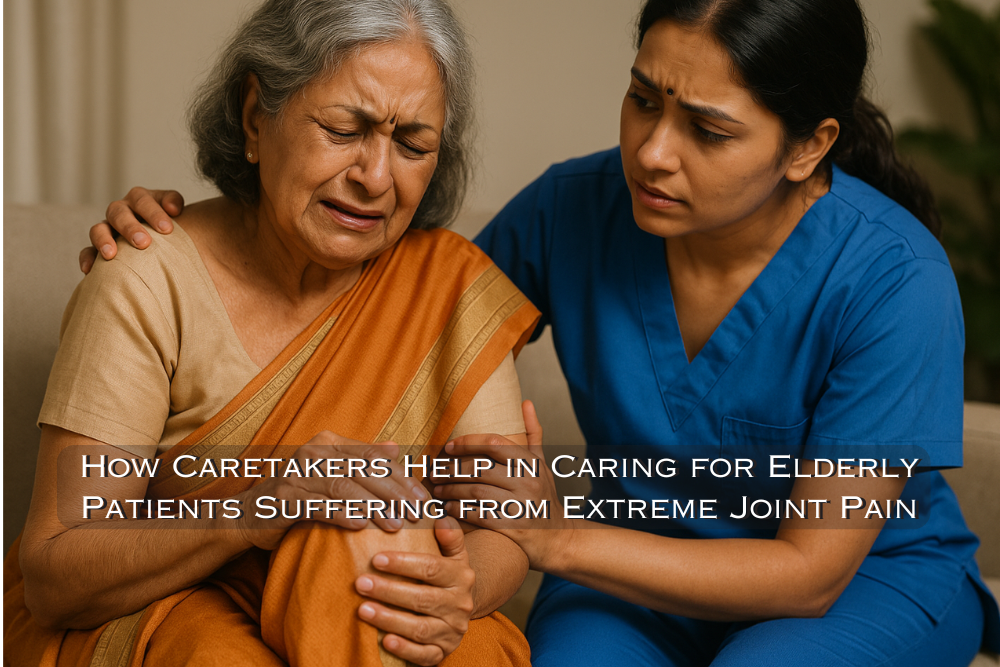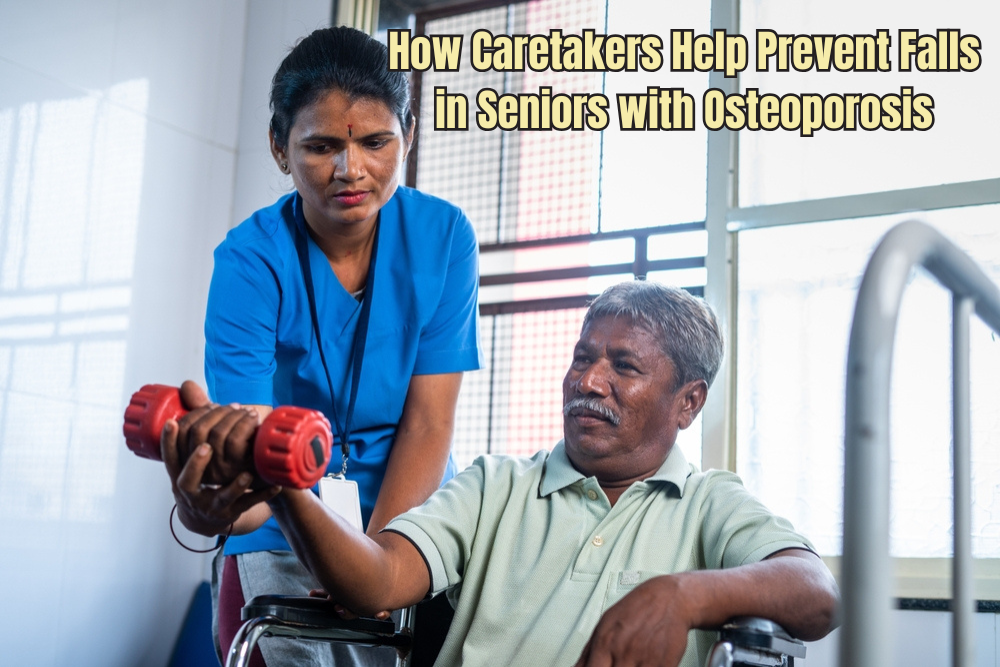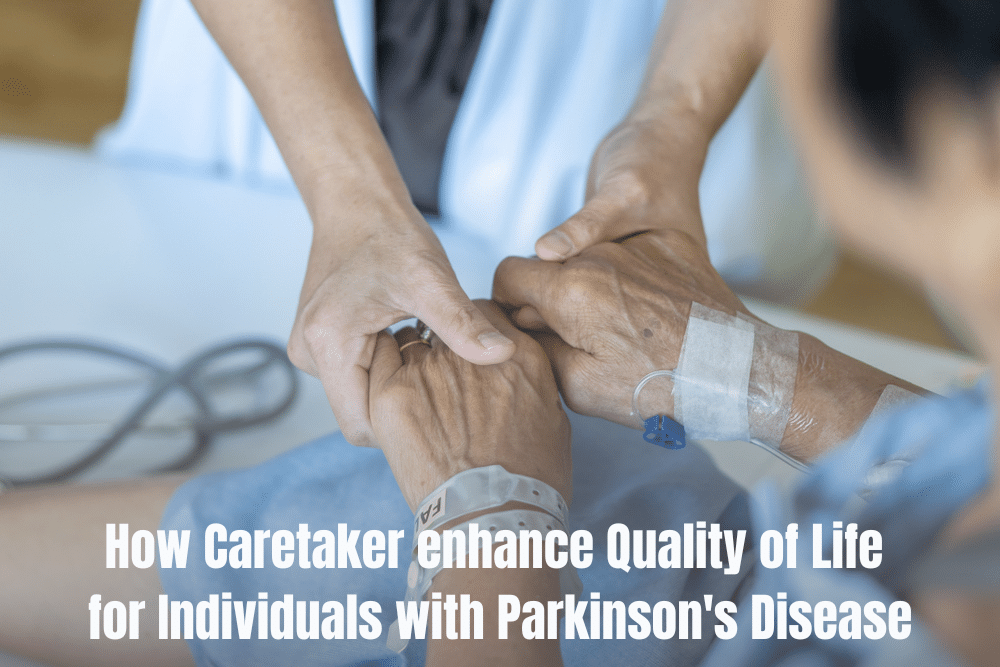Joint pain is one of the most common and distressing problems faced by elderly people. Conditions like arthritis, osteoporosis, or general age-related wear and tear can make simple tasks – walking, standing, or even turning in bed – extremely painful. For family members, it’s heartbreaking to see a loved one struggle daily, and managing their care can feel overwhelming.
This is where trained caretakers play a vital role. They help seniors manage pain, improve mobility, and live comfortably, all within the safety of their home.
Understanding the Causes of Severe Joint Pain in the Elderly
Joint pain in old age can occur due to several reasons:
-
Osteoarthritis – caused by cartilage wear and tear over time
-
Rheumatoid arthritis – inflammation in joints due to autoimmune response
-
Osteoporosis – weak bones that cause stiffness and pain
-
Post-surgery pain – especially after hip or knee replacements
-
Sedentary lifestyle – lack of movement leads to stiffness and weakness
Challenges Families Face in Caring for Joint Pain Patients
Caring for an elderly person with severe joint pain is not just about medicines – it’s about constant assistance and emotional patience. Common struggles include:
-
Difficulty in helping them move or change positions safely
-
Fear of falls during walking or bathroom visits
-
Managing multiple pain medications and doctor visits
-
Watching them lose independence and confidence
How Caretakers Help Elderly Patients with Joint Pain
1. Assisting with Mobility
Caretakers help seniors walk safely using walkers or support belts. They assist in changing positions, sitting up, or getting out of bed to prevent stiffness.
2. Helping with Daily Activities
Bathing, dressing, and even feeding can be painful for patients with joint issues. Caretakers make these tasks easier while ensuring comfort and dignity.
3. Encouraging Gentle Exercises
With guidance from doctors or physiotherapists, caretakers help seniors do light stretching and mobility exercises to reduce stiffness and improve flexibility.
4. Medication and Pain Relief Support
Caretakers ensure medicines are taken on time, apply prescribed ointments, and use hot/cold compresses to relieve pain.
5. Monitoring Symptoms
They observe swelling, stiffness, or sudden pain and report changes to family members or doctors. Early detection helps prevent complications.
6. Emotional Companionship
Living with chronic pain often leads to frustration or sadness. Caretakers offer companionship, patience, and positivity, helping seniors stay emotionally strong.
Why Caretakers Are Essential for Joint Pain Patients
-
Reduce dependency on family members
-
Prevent accidents or falls during movement
-
Promote regular routines and exercises
-
Ensure proper medication and comfort care
-
Provide peace of mind for families who live away or have busy schedules
Shree Swami Samarth Patients Seva: Expert Care for Pain Management
At www.sssps.in, we provide trained caretakers experienced in assisting elderly patients suffering from arthritis, joint pain, or post-surgery recovery.
Our caretakers are skilled in:
-
Safe mobility and walking assistance
-
Applying hot/cold therapy for joint pain
-
Helping with exercises and physiotherapy routines
-
Emotional companionship and hygiene care
We treat every elderly person like family – ensuring comfort, respect, and a better quality of life.
FAQs
Q1: Can caretakers help during physiotherapy sessions?
Yes, caretakers assist patients with physiotherapy exercises and help them maintain regular practice safely.
Q2: Do caretakers give massages for joint pain?
They can apply prescribed oils or ointments, but therapeutic massages should only be done under professional supervision.
Q3: Is home care better than hospitalization for joint pain?
For most cases, yes. Home care offers comfort, personal attention, and emotional peace unless surgery or advanced treatment is needed.
Q4: Can caretakers manage patients who can’t walk at all?
Yes, they help with safe repositioning, hygiene, feeding, and gentle exercises for bedridden patients.
Conclusion
Extreme joint pain doesn’t just affect mobility – it affects a person’s confidence, independence, and happiness. A trained caretaker helps bring back that comfort by offering physical assistance, pain management, and emotional care.
At Shree Swami Samarth Patients Seva (www.sssps.in), we ensure your loved ones receive compassionate, professional, and reliable care that improves their quality of life – every day.




